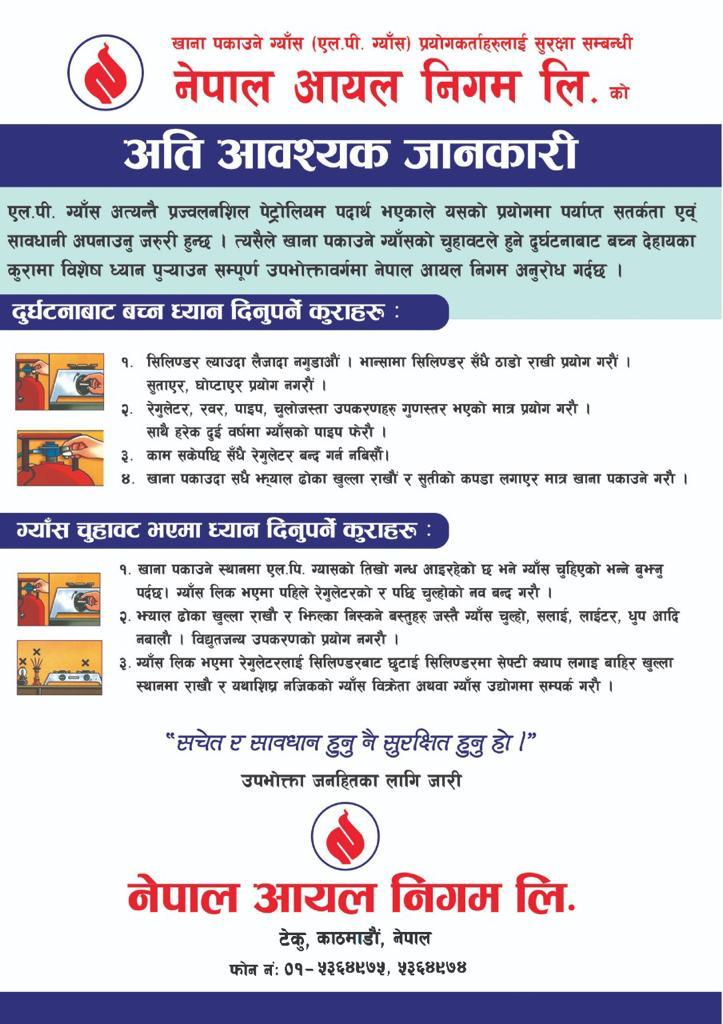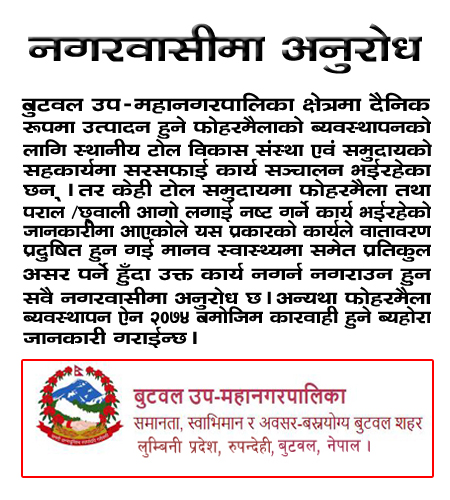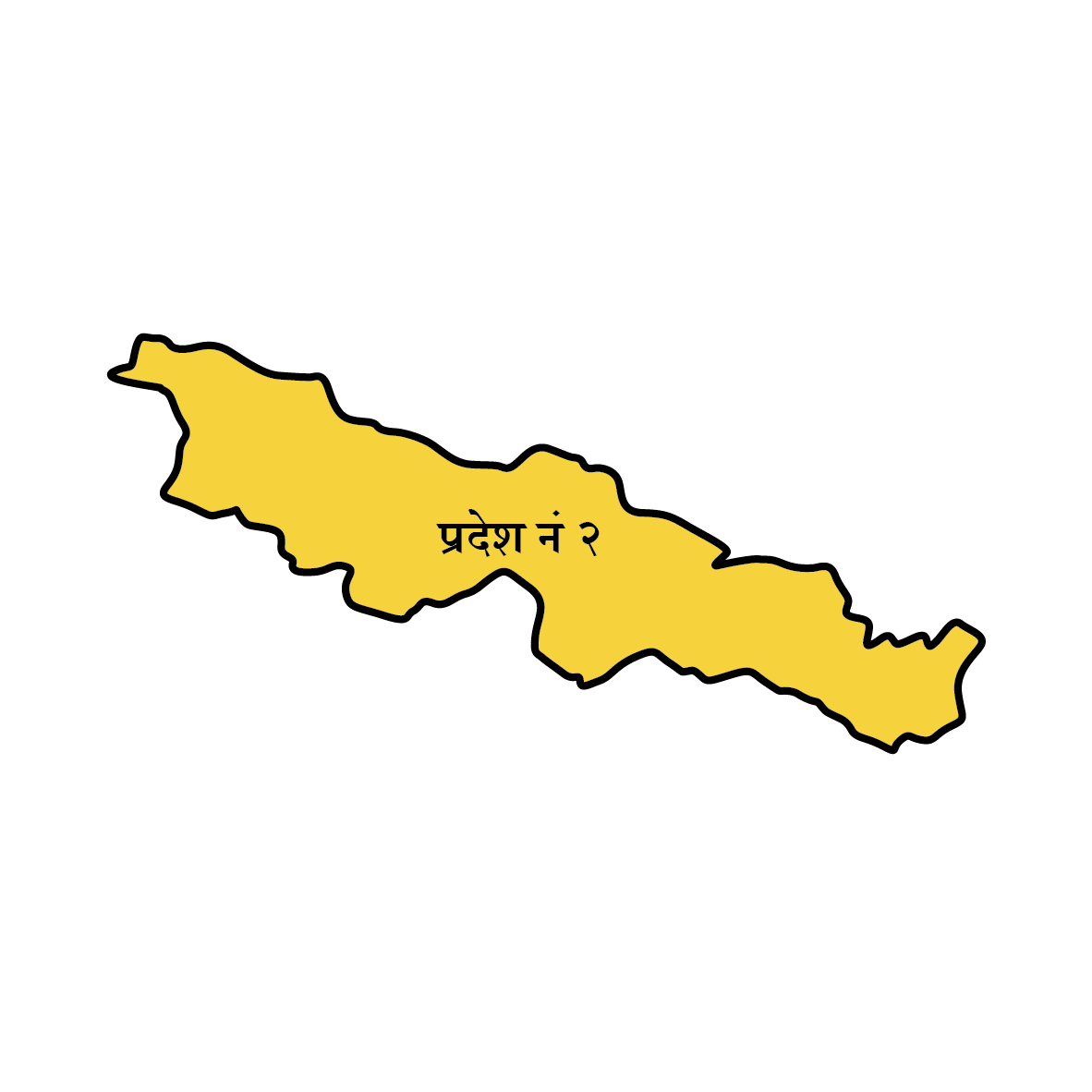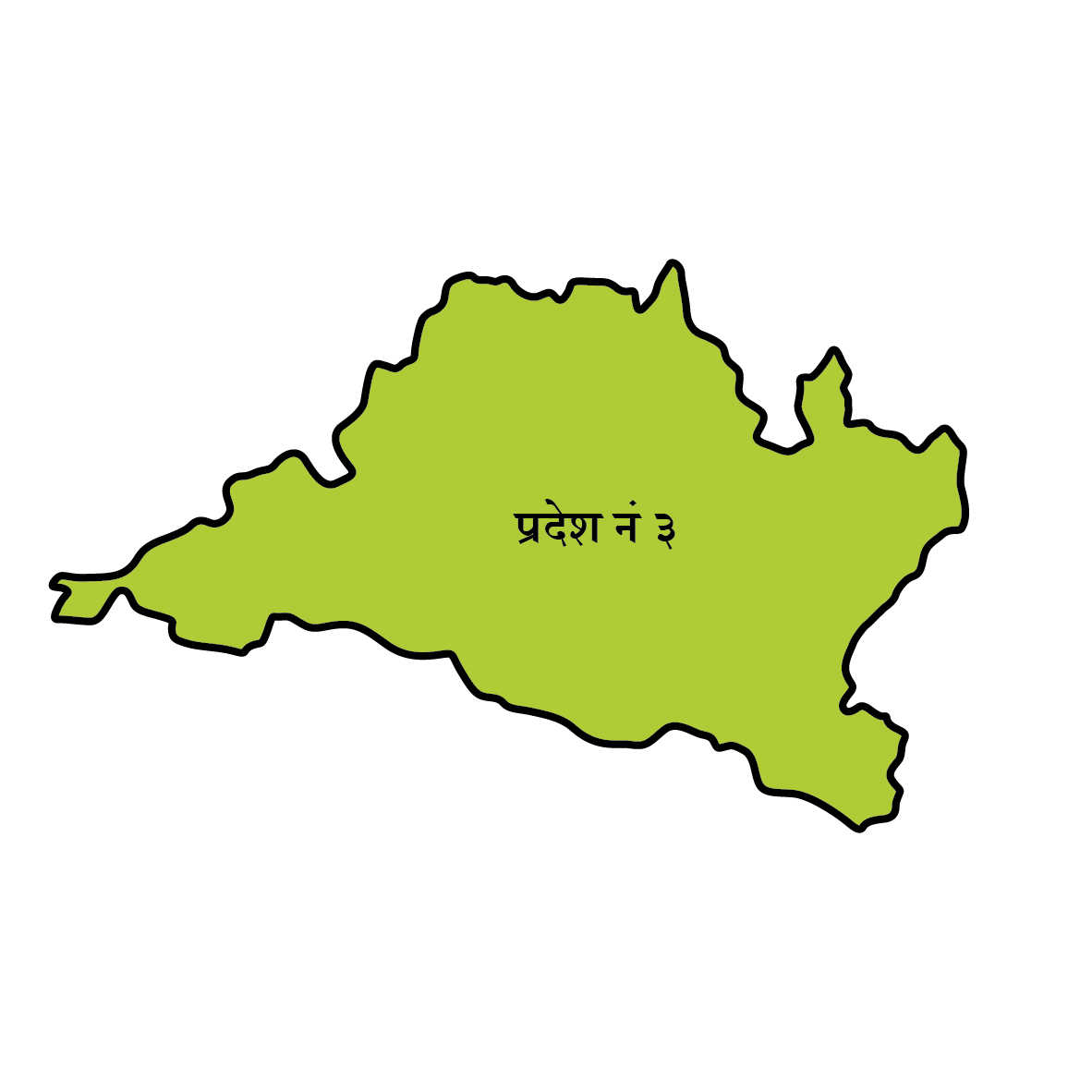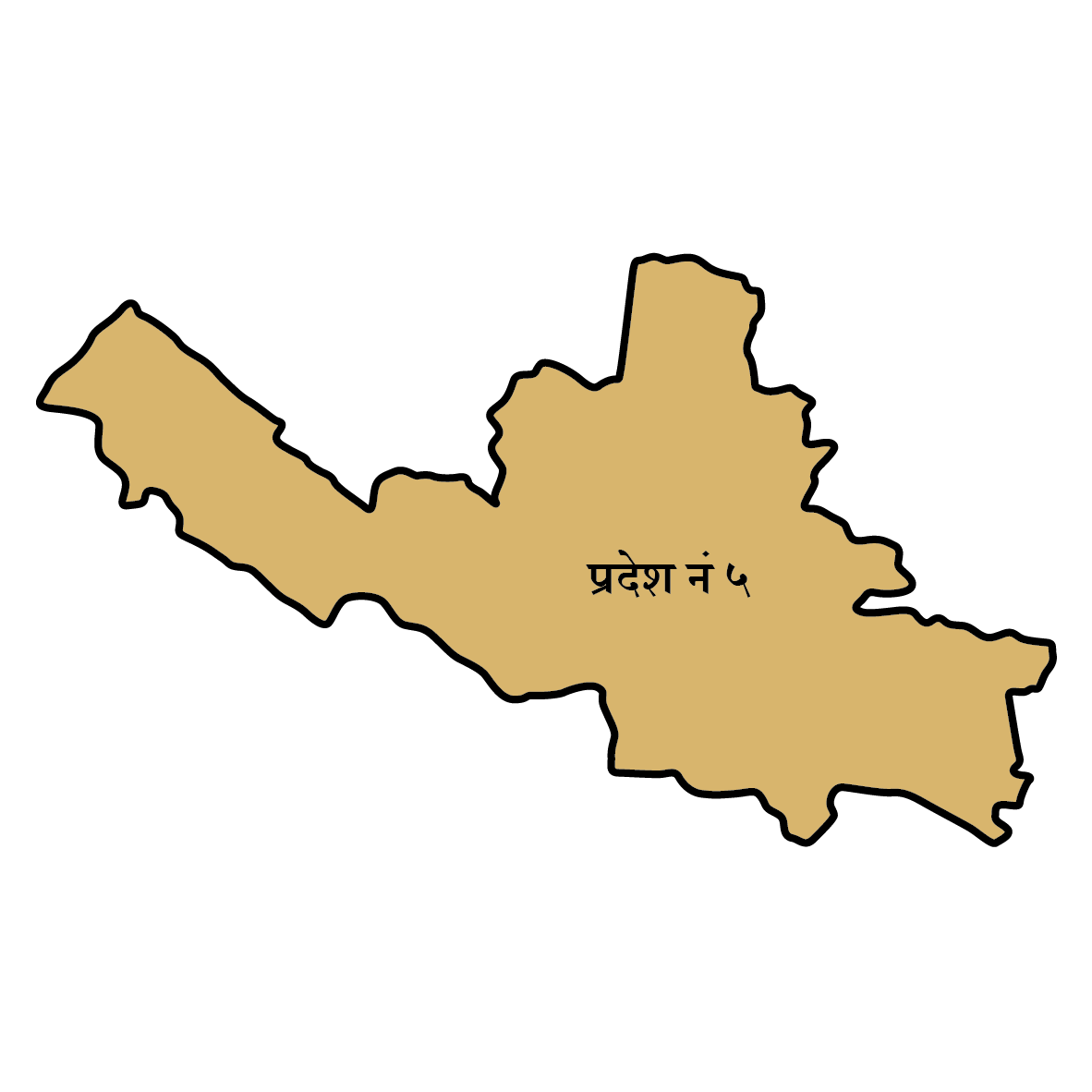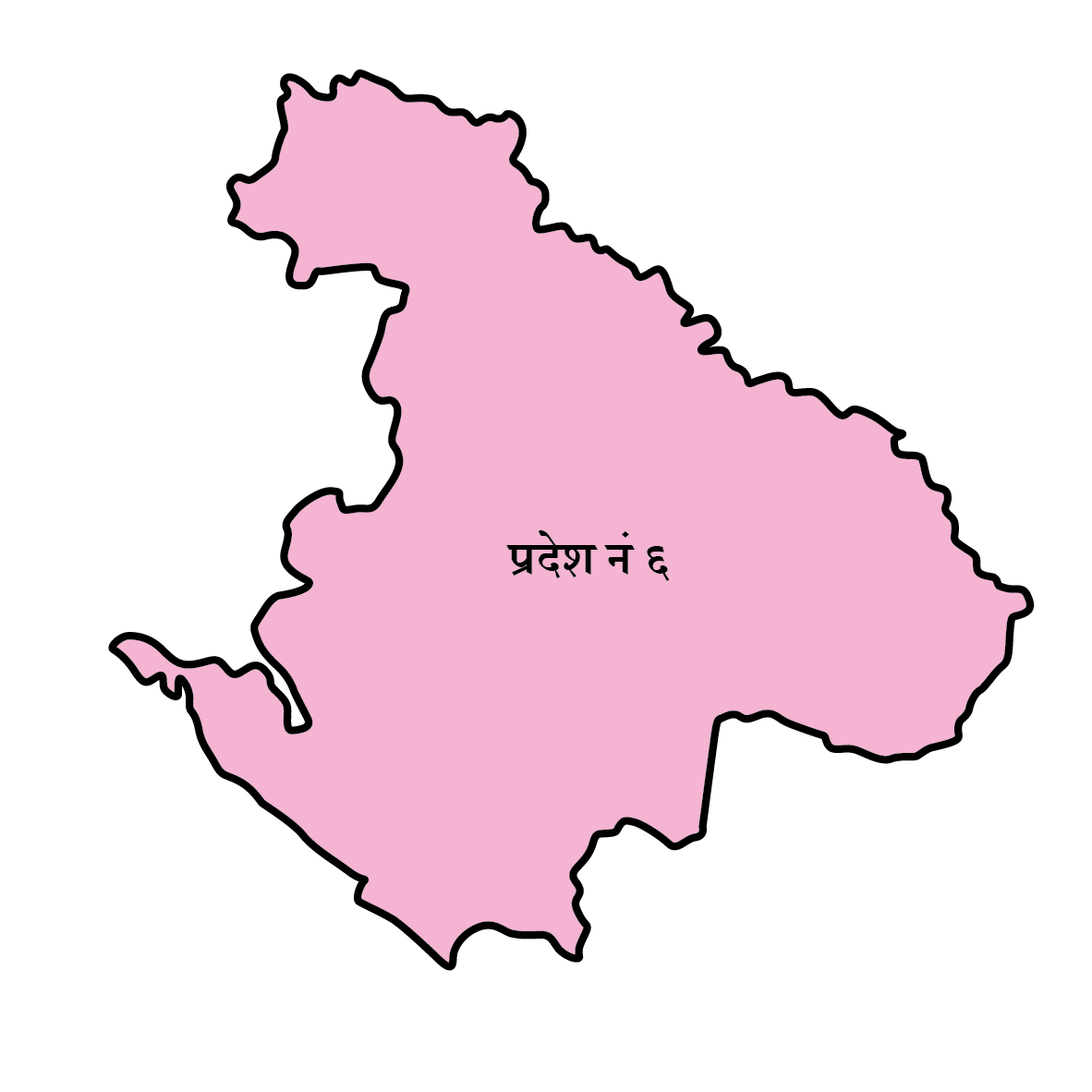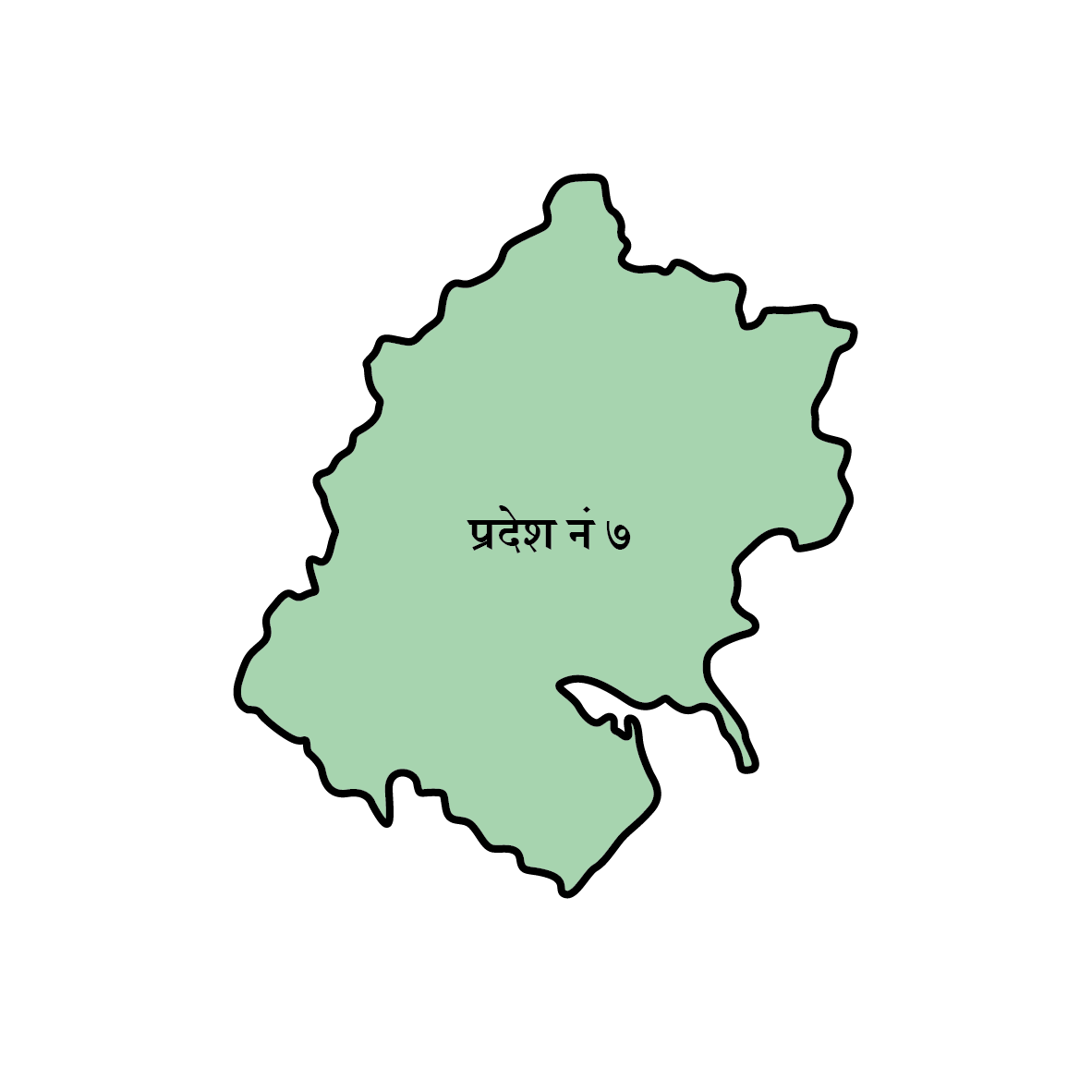Introduction
In today’s interconnected world, the threats of money laundering and financing terrorism have become global concerns that can have far-reaching consequences on financial systems and national security. Nepal has made significant strides in establishing a robust legal and regulatory framework to counter these illicit activities. This inclusive article provides a comprehensive overview of Nepal’s efforts in combating money laundering and terrorism financing, including the legislative measures, institutional setup, and challenges faced during implementation. Furthermore, it examines the potential implications for Nepal if it were to be gray-listed by the Financial Action Task Force (FATF).
Understanding Money Laundering and Terrorism Financing
Money laundering involves disguising illegally obtained funds to make them appear legitimate, allowing criminals to utilize these funds without detection. Terrorism financing, on the other hand, involves providing financial support to terrorist organizations or individuals engaged in illegal activities.
Legislative Framework in Nepal
Nepal’s AML/CFT legal framework is a comprehensive system that includes domestic laws, international conventions, and adherence to United Nations Security Council Resolutions. The key legislative instruments are as follows:
- The Prevention of Money Laundering Act, 2008: This act criminalizes money laundering and assigns the Nepal Rastra Bank (NRB) as the Financial Intelligence Unit (FIU) responsible for receiving, analyzing, and disseminating suspicious transaction reports (STRs).
- The Terrorism Financing Prevention Ordinance, 2018: This ordinance specifically addresses terrorism financing and empowers asset freezing of individuals or entities involved in such activities.
- United Nations Security Council Resolutions: Nepal complies with various UNSC Resolutions to implement sanctions against terrorists or entities linked to terrorism.
Institutional Arrangements
Nepal’s institutional framework is well-organized to combat money laundering and terrorism financing. Key institutions and their roles include:
- Financial Intelligence Unit (FIU): Operating under the NRB, the FIU serves as the central authority responsible for processing and analyzing STRs from financial institutions and designated non-financial businesses and professions (DNFBPs).
- Nepal Rastra Bank (NRB): As the central bank, the NRB plays a pivotal role in overseeing and coordinating AML/CFT efforts among financial institutions and DNFBPs.
- Regulatory Authorities: Sector-specific regulatory bodies, such as the Securities Board of Nepal (SEBON) and the Insurance Board of Nepal (IBN), supervise and regulate AML/CFT compliance in their respective sectors.
- Law Enforcement Agencies: Entities like the Nepal Police are tasked with investigating money laundering and terrorism financing cases.
Obligations of Reporting Entities
Financial institutions and DNFBPs are designated as reporting entities under Nepal’s AML/CFT regime. They are required to conduct customer due diligence (CDD) measures, report suspicious transactions, and maintain records for a specified period.
AML/CFT Supervision and Compliance
The NRB and other regulatory authorities conduct regular inspections and assessments of reporting entities to ensure compliance with AML/CFT regulations. Non-compliance may result in penalties, sanctions, or license revocation.
International Cooperation
Nepal actively participates in regional and international efforts to combat money laundering and terrorism financing. The country is a member of the Asia/Pacific Group on Money Laundering (APG) and collaborates with international bodies like the FATF.
Challenges and the Implication of Gray-Listing
Despite notable progress, if Nepal were to be gray-listed by the Financial Action Task Force (FATF) for its anti-money laundering and countering the financing of terrorism (AML/CFT) efforts, it would face several significant challenges. Being placed on the gray list means that the country is considered to have strategic deficiencies in its AML/CFT regime. Here are some of the challenges Nepal would likely encounter:
- International Reputation: Gray-listing by the FATF could tarnish Nepal’s international reputation as a responsible financial jurisdiction. It may raise concerns among foreign investors and international banks, leading to decreased confidence in the country’s financial systems and hampering foreign investment inflows.
- Economic Impact: The loss of investor confidence and restricted access to global financial markets could negatively impact Nepal’s economy. It may lead to reduced access to international financial services and transactions, making it more difficult for businesses to conduct cross-border trade and finance operations.
- Financial Sector Vulnerabilities: Gray-listing may expose weaknesses in Nepal’s financial institutions and regulatory mechanisms. This could potentially make them more susceptible to illicit financial activities, further exacerbating the money laundering and terrorism financing risks.
- Increased Compliance Costs: In response to the FATF gray-listing, Nepal would be required to enhance its AML/CFT measures to meet international standards. Implementing these improvements would likely result in increased compliance costs for both financial institutions and the government.
- Strain on Resources: Developing and implementing more robust AML/CFT measures would require significant resources and expertise. Nepal’s government and regulatory bodies might face challenges in allocating sufficient funds and manpower to effectively address the identified deficiencies.
- Impact on Remittances: Nepal is heavily reliant on remittances from its overseas workforce, which is a crucial source of foreign currency inflow. Being gray-listed could lead to increased scrutiny and potential delays in remittance flows, affecting the livelihoods of families reliant on these remittances.
- Restricted Access to International Finance: International banks may become hesitant to engage with Nepalese banks or process transactions involving Nepal due to the perceived higher risks associated with a gray-listed country. This could result in limited access to global financial services.
- Diplomatic and Political Pressure: Gray-listing could strain diplomatic relationships and lead to political pressure on the government to address the identified deficiencies swiftly and effectively.
- Awareness and Capacity Building: Strengthening awareness and providing training to reporting entities and law enforcement agencies are essential to enhance their ability to detect and combat illicit financial activities.
- Cross-Border Transactions: Nepal’s porous borders and increasing cross-border transactions can pose challenges in monitoring and controlling illicit financial flows.
- Cooperation among Stakeholders: Ensuring effective cooperation and coordination among various stakeholders is crucial to combat AML/CFT effectively.
- Technological Advancements: Keeping pace with rapidly evolving technologies is vital to address emerging threats, such as virtual currencies and online platforms for money laundering and terrorism financing.
- Restricted Access to Financial Markets: Reduced foreign investment and limited credit lines could hinder economic growth.
- Increased Transaction Costs: Stricter compliance measures may lead to higher costs for businesses and individuals.
- Strain on Financial Institutions: Gray-listing may expose weaknesses in Nepal’s financial institutions and regulatory mechanisms. This could make them more vulnerable to illicit financial activities, further exacerbating money laundering and terrorism financing risks.
- Impact on Aid and Foreign Assistance: International organizations and foreign governments might reconsider providing financial aid and assistance to Nepal if it is gray-listed by the FATF. This could further strain the country’s financial situation.
- Security Concerns: AML/CFT efforts are closely linked to national security. Gray-listing could signal potential weaknesses in Nepal’s ability to combat financial crimes and terrorist financing, posing risks to its internal security.
- Long-Term Repercussions: If not adequately addressed, gray-listing can have prolonged effects on Nepal’s financial systems and reputation, making it challenging to regain the confidence of international investors and institutions.
Overall, being gray-listed by the FATF would present significant challenges for Nepal, affecting its international reputation, economy, financial institutions, and access to global financial markets. It would necessitate strong and prompt actions from the government to address the deficiencies and enhance its AML/CFT regime to mitigate the potential negative impacts.
Mitigation and Way Forwards for Gray-Listing Challenges in Nepal
- Strengthen AML/CFT Measures: Nepal should immediately take steps to address the identified deficiencies in its AML/CFT regime. This includes enhancing its legal framework, regulatory oversight, and enforcement mechanisms. Implementing strong AML/CFT measures will be crucial to regaining the confidence of the international community.
- Capacity Building and Training: Investing in capacity building and training for reporting entities, law enforcement agencies, and financial institutions is essential. This will improve their ability to detect and combat illicit financial activities effectively.
- International Cooperation: Nepal should actively cooperate with other countries and international organizations to strengthen its AML/CFT efforts. Collaborative partnerships can provide valuable support, knowledge sharing, and technical assistance.
- Technological Upgrades: Keeping pace with technological advancements is vital in countering emerging threats such as virtual currencies and online platforms for money laundering and terrorism financing. Implementing cutting-edge technologies can enhance monitoring and detection capabilities.
- Enhanced Border Control: Given Nepal’s porous borders and increasing cross-border transactions, better border control measures should be implemented to monitor and control illicit financial flows.
- Public Awareness Campaigns: Launching public awareness campaigns can help in educating citizens about the importance of AML/CFT measures and their role in promoting a safer financial environment.
- Investment in Resources: The government should allocate sufficient funds and manpower to effectively address the identified AML/CFT deficiencies. Adequate resources will be crucial for successful implementation.
- Engage with International Banks: Nepal should proactively engage with international banks and financial institutions to explain the measures being taken to strengthen its AML/CFT regime. This can help rebuild trust and reestablish relationships with global financial players.
- Diversification of Economy: Nepal should work towards diversifying its economy to reduce its reliance on remittances and attract more foreign investment through various sectors.
- Building Political Consensus: The government and relevant stakeholders should work together to build a strong political consensus on the importance of addressing AML/CFT deficiencies. Political support will expedite necessary reforms.
- Continuous Monitoring and Evaluation: Regularly monitoring and evaluating the effectiveness of implemented AML/CFT measures will help identify any shortcomings and make necessary adjustments.
- Foster Collaboration among Stakeholders: Effective collaboration and coordination among different stakeholders, including government agencies, financial institutions, and law enforcement, are crucial for a comprehensive approach to combat AML/CFT.
- Transparency, Accountability and fiscal Discipline: Ensuring transparency and accountability in the financial system and regulatory processes will enhance the overall trust in Nepal’s financial environment.
- Strategic Communication: Nepal should engage in strategic communication to address international concerns and highlight the progress made in its AML/CFT efforts.
- Seek Technical Assistance: If needed, Nepal should seek technical assistance from international organizations and countries with strong AML/CFT systems to bolster its capabilities.
Conclusion
Nepal’s commitment to enhancing its AML/CFT regime is commendable. To avoid the potential consequences of gray-listing, Nepal must prioritize strengthening its legal and institutional framework, improving enforcement mechanisms, and fostering international cooperation. These efforts will safeguard Nepal’s financial integrity, reputation, and economic growth on the global stage. Continuous evaluation, public awareness, and capacity building will be key to sustaining progress and achieving long-term resilience against money laundering and terrorism financing. By proactively addressing these challenges, Nepal can ensure a safer and more secure financial landscape. Through continuous monitoring, evaluation, transparency, and accountability, Nepal can forge a path towards a stronger and more resilient AML/CFT regime, safeguarding its financial systems and national security in the interconnected global landscape.
Special Acknowledgement
In strict adherence to professional standards, I assert that I have diligently acknowledged this work as entirely my own. I affirm that due credit has been given to all referenced sources. If any copyright owner’s recognition has been inadvertently omitted or inaccurately acknowledged, I kindly request them to come forward. I would be pleased to promptly address any oversights and correct them with utmost diligence.
I must also acknowledge that any errors or inaccuracies in this article are solely my responsibility. I remain committed to rectifying and learning from any inadvertent missteps in the pursuit of excellence and scholarly integrity.







